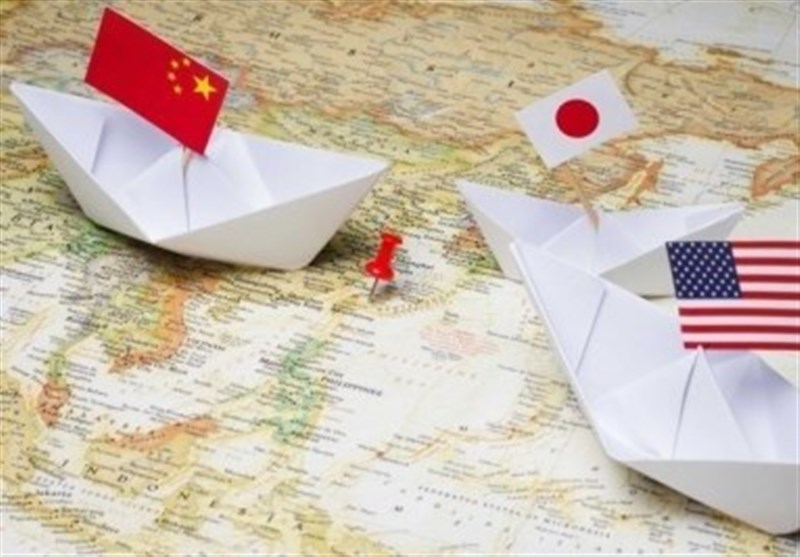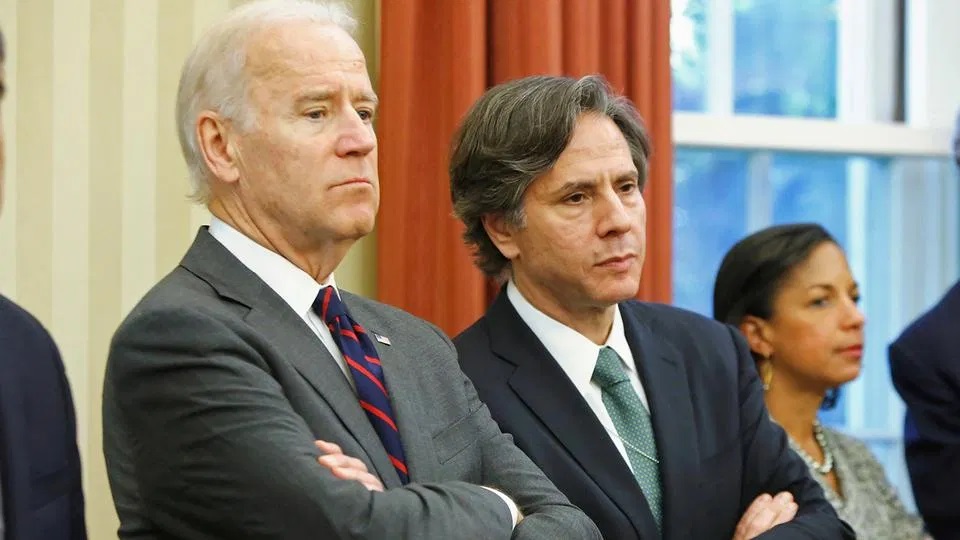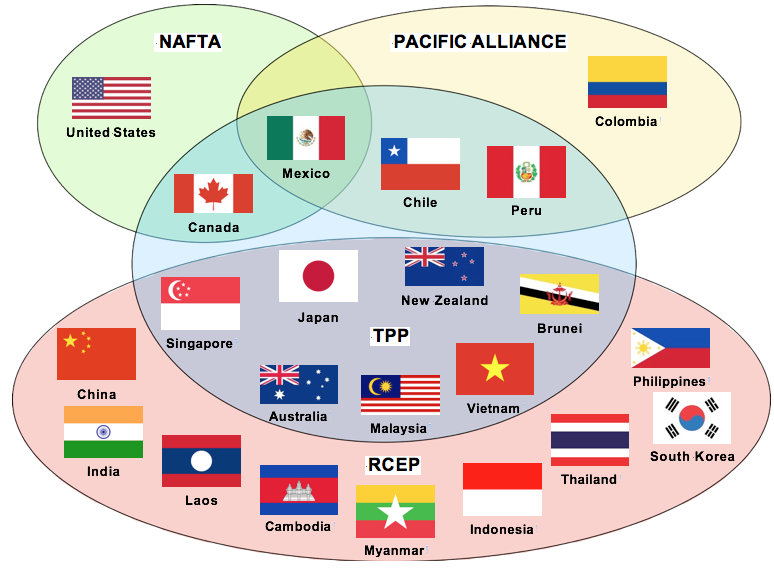Strategic Approaches of Powers in Indo-Pacific
PEJOURNAL - An expert on Security and Geopolitics, explaining the strategic approaches of powers in Indo-Pacific, stated: The Quad agreement with the withdrawal of Australia was suspended until 2010, but in the negotiations of the leaders of the four member states in the 2017 ASEAN meeting in Manila it was revived for military and diplomatic confrontation with China in the South China Sea. She added: Although in the statement of the recent virtual meeting, presidents of the four countries emphasized cooperation of the countries in establishing order in the East and South China Seas, as well as cooperation in controlling…


